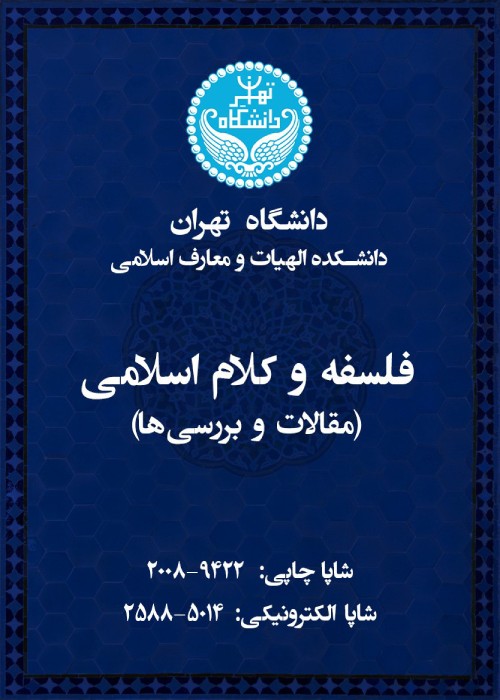Zagzebski's Criticism of Plantinga's Theory of Proper Function
Author(s):
Abstract:
The present essay is a critical study of Zagzebski’s reading and criticism of Plantinga’s virtue-epistemology. Zagzebski, on the account of her definition of knowledge and the role that she assigns to ‘volition’ and ‘awareness’ in virtuous acts, along with her acceptance of the uniformity of moral and epistemic virtue, challenges Plantinga’s theory of Knowledge. Zagzebski believes that although Plantinga’s theory of Proper Function is better than Straight Reliabilism and that it is possible to interpret it in a way that is analogous to her own theory of Knowledge and even the fact that its calling virtueepistemology seems appropriate, yet taking into account Plantinga’s epistemological presuppositions and his mechanistic picture of the theory of Knowledge, his theory of Proper Function owing to its disregard for the elements of volition and awareness, in the final analysis, cannot be considered as a type of virtue-epistemology.
Keywords:
Language:
Persian
Published:
Philosophy & kalam, Volume:45 Issue: 2, 2013
Page:
165
magiran.com/p1085088
دانلود و مطالعه متن این مقاله با یکی از روشهای زیر امکان پذیر است:
اشتراک شخصی
با عضویت و پرداخت آنلاین حق اشتراک یکساله به مبلغ 1,390,000ريال میتوانید 70 عنوان مطلب دانلود کنید!
اشتراک سازمانی
به کتابخانه دانشگاه یا محل کار خود پیشنهاد کنید تا اشتراک سازمانی این پایگاه را برای دسترسی نامحدود همه کاربران به متن مطالب تهیه نمایند!
توجه!
- حق عضویت دریافتی صرف حمایت از نشریات عضو و نگهداری، تکمیل و توسعه مگیران میشود.
- پرداخت حق اشتراک و دانلود مقالات اجازه بازنشر آن در سایر رسانههای چاپی و دیجیتال را به کاربر نمیدهد.
In order to view content subscription is required
Personal subscription
Subscribe magiran.com for 70 € euros via PayPal and download 70 articles during a year.
Organization subscription
Please contact us to subscribe your university or library for unlimited access!



